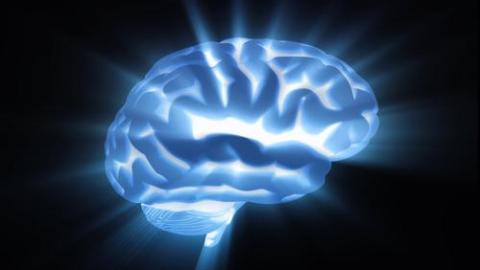Out-of-Body Experiences Highlight the Nature of Consciousness

What’s the Latest Development?
By studying patients who regularly have out-of-body experiences, which result in the location of the self outside the physical body, scientists are beginning to understand which parts of the brain are responsible for our experience of consciousness. Traumatic events, such as a car accident, are known to produce out-of-body experiences, where people feel they are watching from the outside, as though their life were a movie played in slow motion. But other people feel the shift in consciousness as a result of a psychological condition called depersonalization disorder (DPD), which causes them to feel disconnected from their own mental processes.
What’s the Big Idea?
By using healthy people as controls, scientists have located which parts of the brain change when people undergo shifts in conscious experience. “Various papers…have pinpointed two parts of the brain, the anterior cingulate cortex (ACC) and right anterior insular cortex (AIC), as being involved in producing subjective feelings, and in coordinating appropriate responses to internal and external events.” These same regions are what the neuroscientist Antonio Damasio calls ‘the core self’, i.e. “the mental representation of an innate feeling of subjective awareness, characterised by continuity and individuality.”
Photo credit: Shutterstock.com




